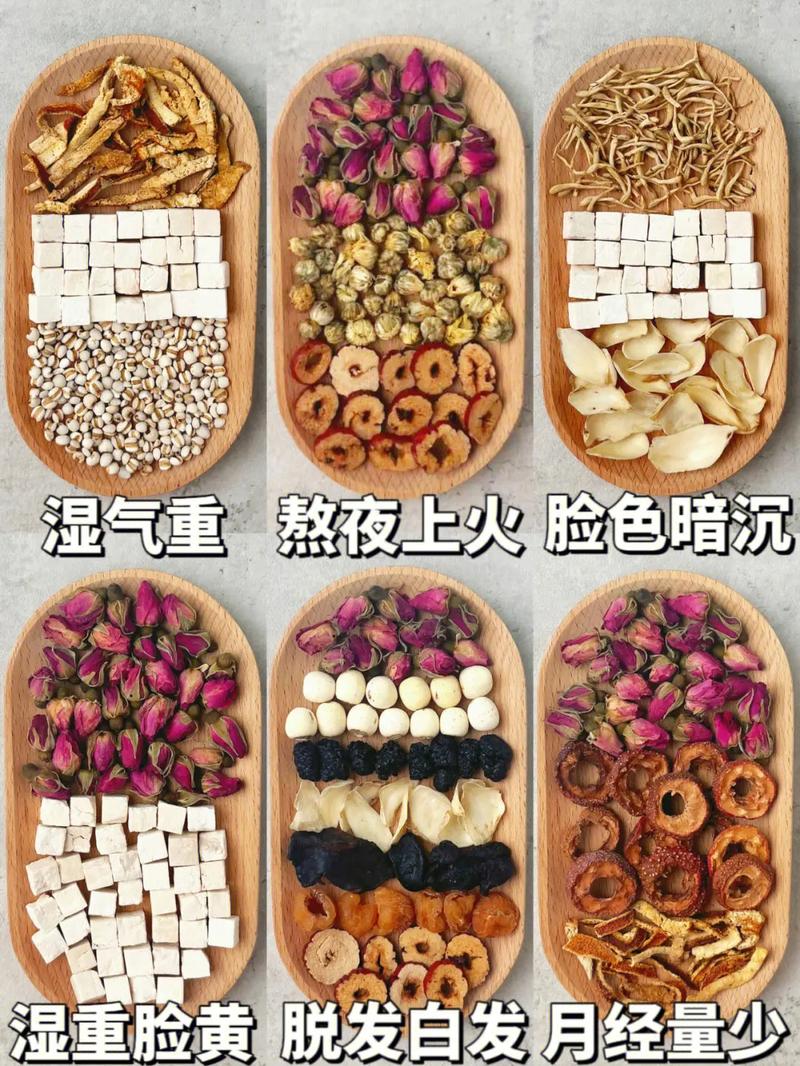In traditional Chinese medicine (TCM), the concept of **qi** (energy) and **blood** plays a crucial role in maintaining health and well-being. These two elements are fundamental to the body's functioning, and their balance and harmony are essential for overall health. This article delves into the principles of harmonizing qi and blood, exploring how this balance can be achieved and maintained through lifestyle choices, diet, and specific practices.
### Understanding Qi and Blood
**Qi** is often described as the vital life force that flows through the body. It is the energy that powers our bodily functions, and without it, life cannot exist. Qi is responsible for driving all physiological processes, from the beating of the heart to the movement of the limbs.
**Blood**, in TCM, is not just a physical substance but also has energetic qualities. It nourishes the organs, tissues, and cells, ensuring that the body remains healthy and functional. Blood is seen as the material basis for mental activities and emotions, playing a significant role in the state of our mind and spirit.
### The Relationship Between Qi and Blood
In TCM, qi and blood are interdependent and must work in harmony for the body to function optimally. Qi generates and moves blood, while blood nourishes and anchors qi. If qi is deficient, it cannot effectively move blood, leading to stagnation. Conversely, if blood is deficient, it cannot properly nourish qi, leading to a lack of energy and vitality.
### Symptoms of Imbalance
When qi and blood are out of balance, it can manifest in various ways. Common symptoms of qi deficiency include fatigue, shortness of breath, weak immune system, and digestive issues. Blood deficiency may present as dizziness, pale complexion, insomnia, and dry skin. Qi stagnation, often caused by stress or emotional disturbances, can result in pain, tension, and digestive problems. Blood stasis, which is the stagnation of blood, may lead to sharp pain, clots, and skin discoloration.
### Achieving Harmony: Lifestyle and Practices
#### Diet and Nutrition
Diet plays a pivotal role in balancing qi and blood. Consuming nutrient-rich foods that support blood production and qi flow is essential. Foods that are beneficial include:

- **Dark Leafy Greens**: Spinach, kale, and Swiss chard are rich in iron and other nutrients essential for blood production.
- **Red Meat and Liver**: These are excellent sources of heme iron, which is easily absorbed by the body.
- **Beets and Carrots**: These vegetables support blood health and improve circulation.
- **Berries and Cherries**: High in antioxidants and vitamins, these fruits support blood health and vitality.
- **Whole Grains**: Brown rice, quinoa, and oats provide the necessary energy to support qi.
It is also important to avoid excessive consumption of cold and raw foods, as they can hinder digestion and the body's ability to produce qi.
#### Herbal Medicine
TCM utilizes a variety of herbs to support the balance of qi and blood. Some commonly used herbs include:
- **Dang Gui (Angelica Sinensis)**: Known as the “female ginseng,” it is excellent for nourishing blood and regulating menstruation.
- **Ren Shen (Ginseng)**: This powerful adaptogen boosts qi and overall energy levels.
- **Bai Shao (White Peony Root)**: Helps to harmonize blood and relax the liver, reducing stress and tension.
- **Chuan Xiong (Szechuan Lovage Root)**: Promotes the circulation of blood and alleviates pain.

These herbs can be taken as teas, powders, or supplements, and should be used under the guidance of a qualified TCM practitioner.
#### Acupuncture and Acupressure
Acupuncture and acupressure are effective methods for balancing qi and blood. By stimulating specific points on the body, these practices help to unblock energy pathways, promote blood circulation, and alleviate pain. Regular sessions can enhance overall vitality and prevent imbalances from occurring.
#### Exercise and Movement
Physical activity is crucial for maintaining the flow of qi and blood. Gentle exercises such as **Tai Chi**, **Qigong**, and **Yoga** are particularly beneficial. These practices focus on controlled movements, breath control, and meditation, helping to harmonize the body's energy. Regular walking, swimming, and other moderate exercises also support overall health and well-being.
### Mindfulness and Stress Management
Emotional health is deeply connected to the balance of qi and blood. Stress, anxiety, and other emotional disturbances can lead to qi stagnation and blood stasis. Mindfulness practices such as meditation, deep breathing exercises, and journaling can help manage stress and promote emotional balance. Creating a routine that includes time for relaxation and self-care is vital for maintaining harmony within the body.
### Conclusion
Balancing qi and blood is a cornerstone of traditional Chinese medicine and a key to achieving optimal health and well-being. By incorporating dietary changes, herbal medicine, acupuncture, exercise, and mindfulness practices into your daily routine, you can support the harmonious flow of these vital energies. Always consult with a qualified TCM practitioner to tailor these practices to your specific needs and ensure the best results.
Achieving and maintaining this balance is not just about preventing illness but also about enhancing the quality of life, promoting longevity, and fostering a sense of inner peace and vitality.
转载请注明:成都会所桑拿-四川成都休闲桑拿推荐论坛! » 武汉桑拿 » 气血调和: The Essential Guide to Harmonizing Qi and Blood for Optimal Health
版权声明
本文仅代表作者观点,不代表成都休闲网立场。
本文系作者授权发表,未经许可,不得转载。































